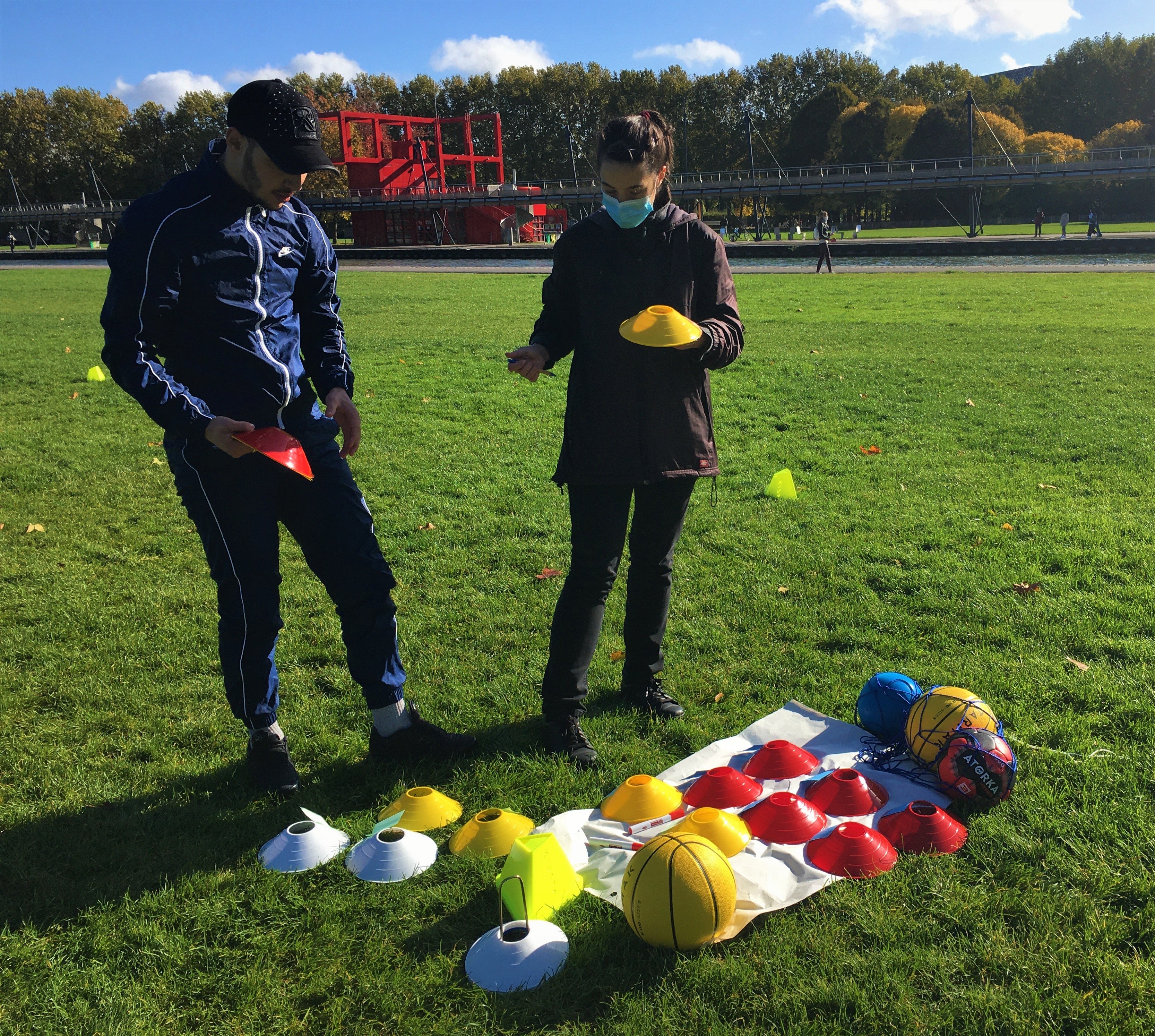The TEAME program, implemented by La Plateforme i, in partnership with Reconnect and the Playlab, aims to mobilize young people between the ages of 16 and 25 who are far removed from employment (neither students, employees nor trainees) through a pathway to professional integration.

Impact
Key figures
3
600
8
Le sport : UN support pédagogique
1. Contribute to the development of self-esteem
According to the World Health Organization, life skills are a person's ability to respond effectively to the demands and challenges of daily life. The WHO recognizes the importance of these skills as essential human qualities for professional life.
Playlab develops and trains in the use of methodologies using sports play and physical activity in the process of acquiring these life skills.
Sports sessions have been co-created in order to contribute to the development of young people's self-esteem. Self-knowledge and self-acceptance, the acceptance of error and failure, openness to others and surpassing oneself are approached through sports games using two methods developed by the NGO : Playdagogy and socio-sports activities.
La Playdagogie allows young people to become aware of a theme, to question their representations through sports games and debate (e.g., understanding what self-acceptance is and what is at stake). It relies in particular on symbolic elements in the game.
The socio-sports activities allow young people to live experiences around a targeted psychosocial skill (e.g.: we will not talk about self-acceptance, we will create the conditions to confront and reflect on it).
2. Facilitate ideation with a new tool : cardiobrainstorming
The ideation is the first step in the construction of the entrepreneurial project of the young people: it is the moment of defining the common objective that each "Teame" will be led to achieve. It requires reflection, creativity and collective exchanges.
To enable young people to be in the best conditions to carry out this ideation process, the Playlab has developed an innovative tool : cardiobrainstorming.
Cardiobrainstorming is a process promoting collective and inclusive ideation by combining the benefits of physical activity and brainstorming methods.
The main effects of physical and sports activity are the oxygenation of the brain and the secretion of hormones :
- attention, concentration and learning ;
- reflection and creativity;
- the reduction of stress and anxiety;*
- motivation, pleasure and good mood.
In addition, the playful aspect of the game activates the participation and involvement of young people and creates a bond between them.
 FR
FR EN
EN